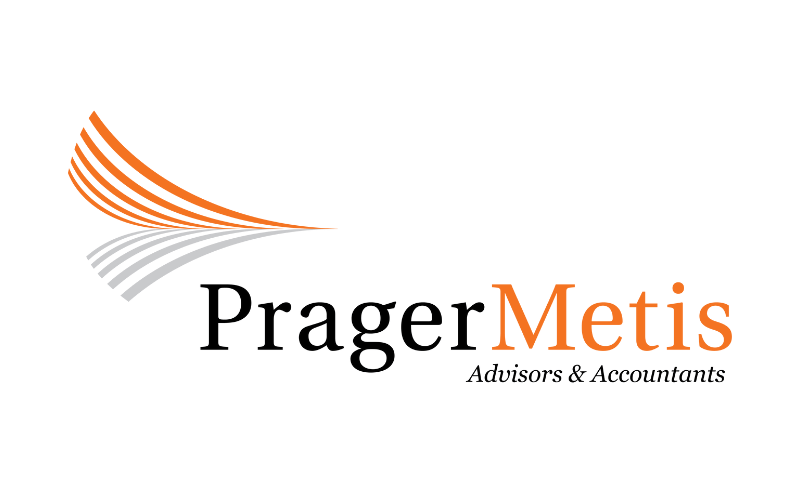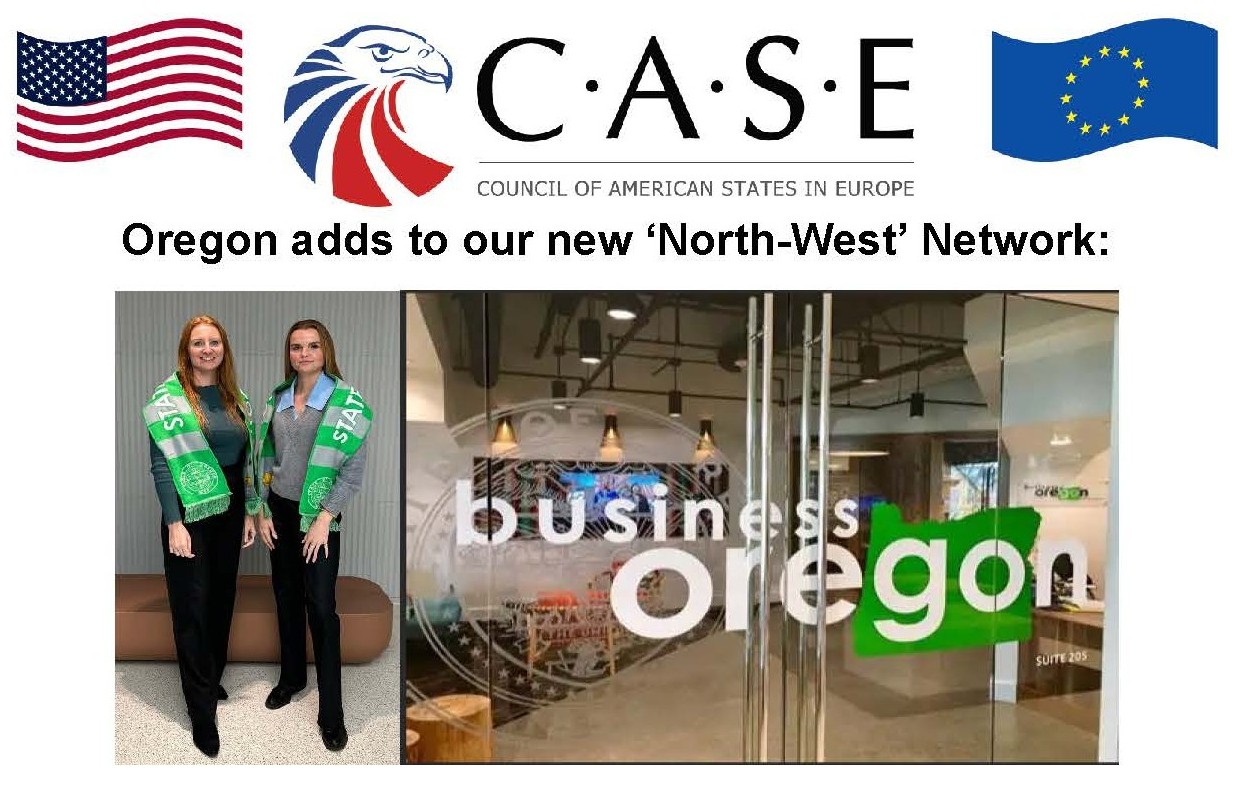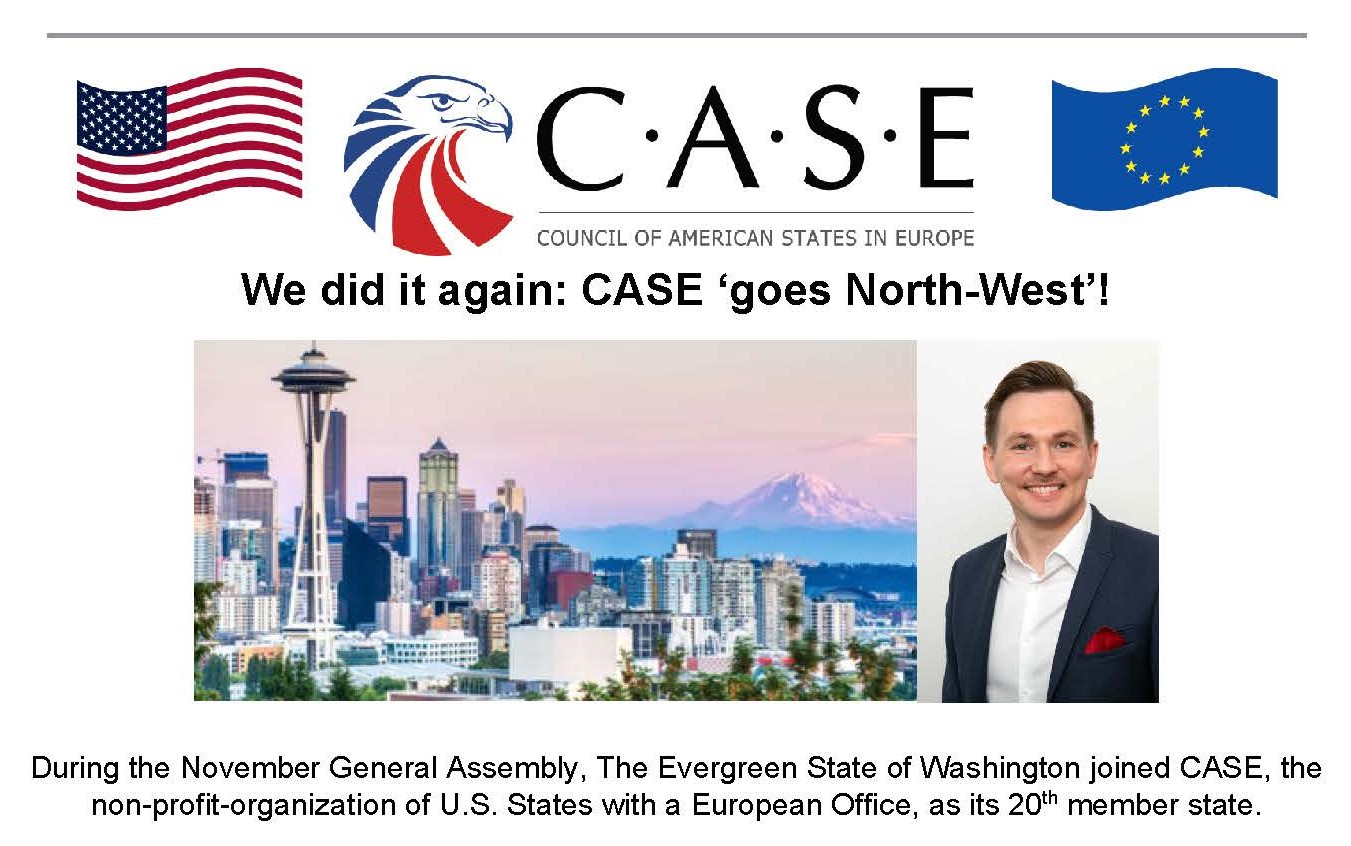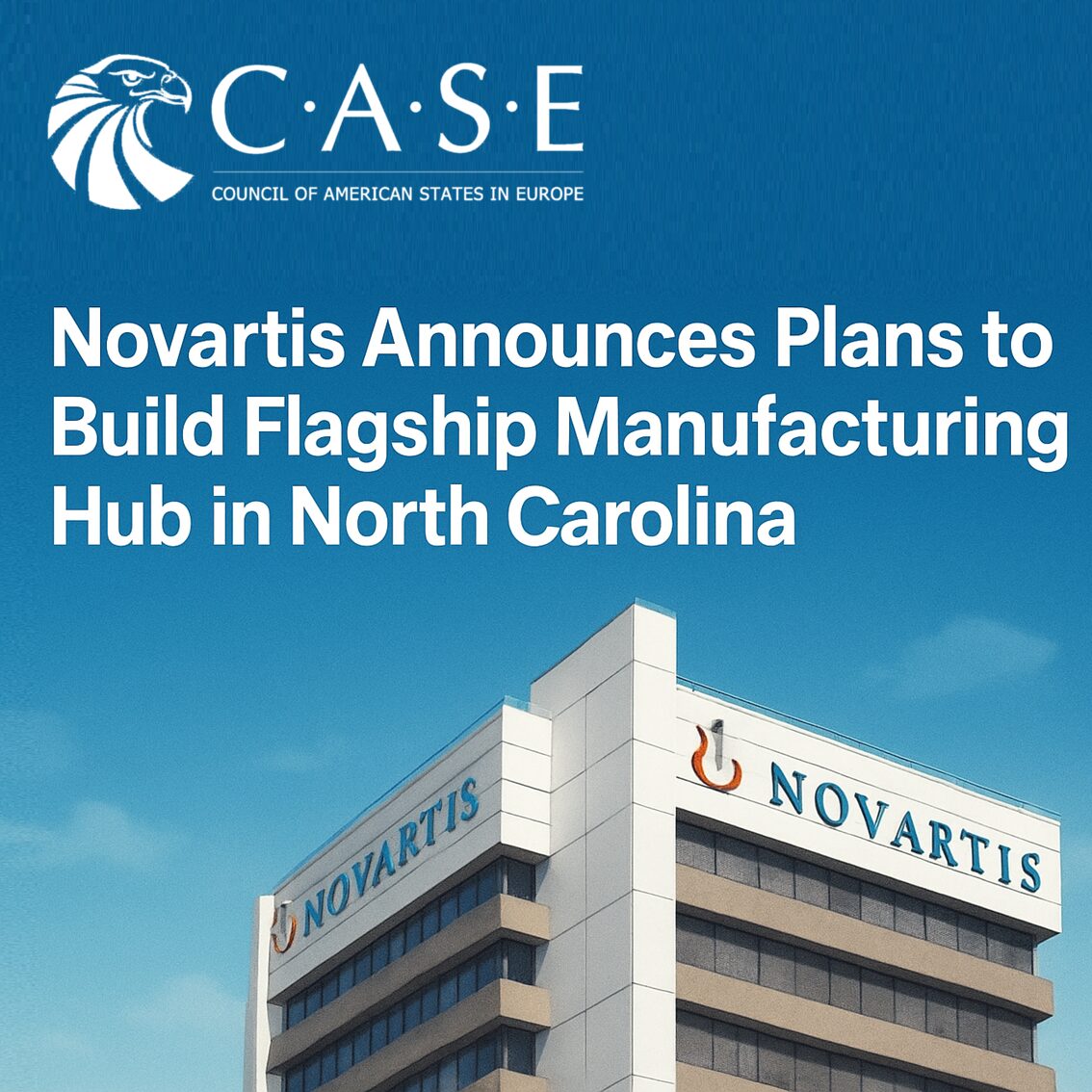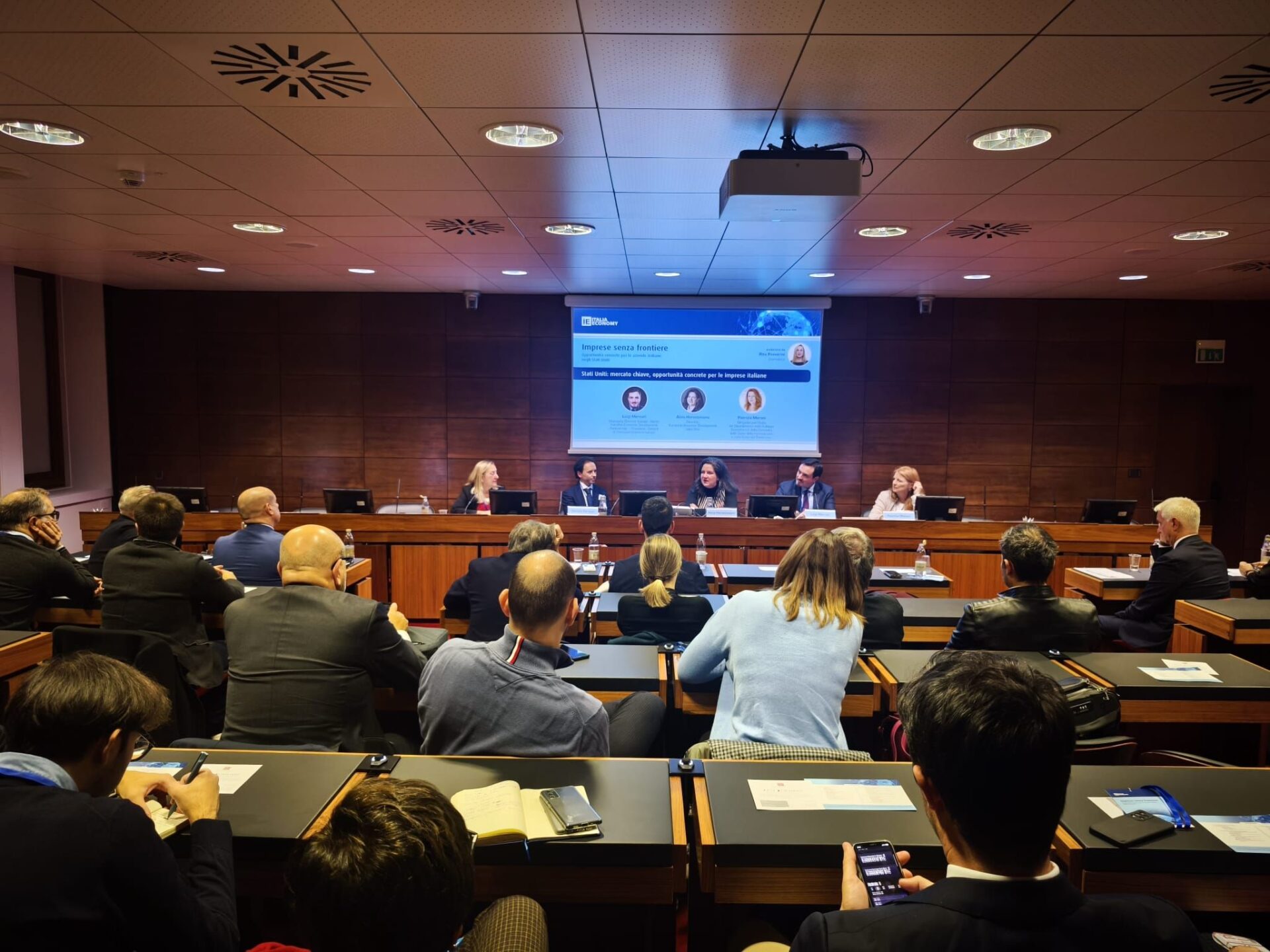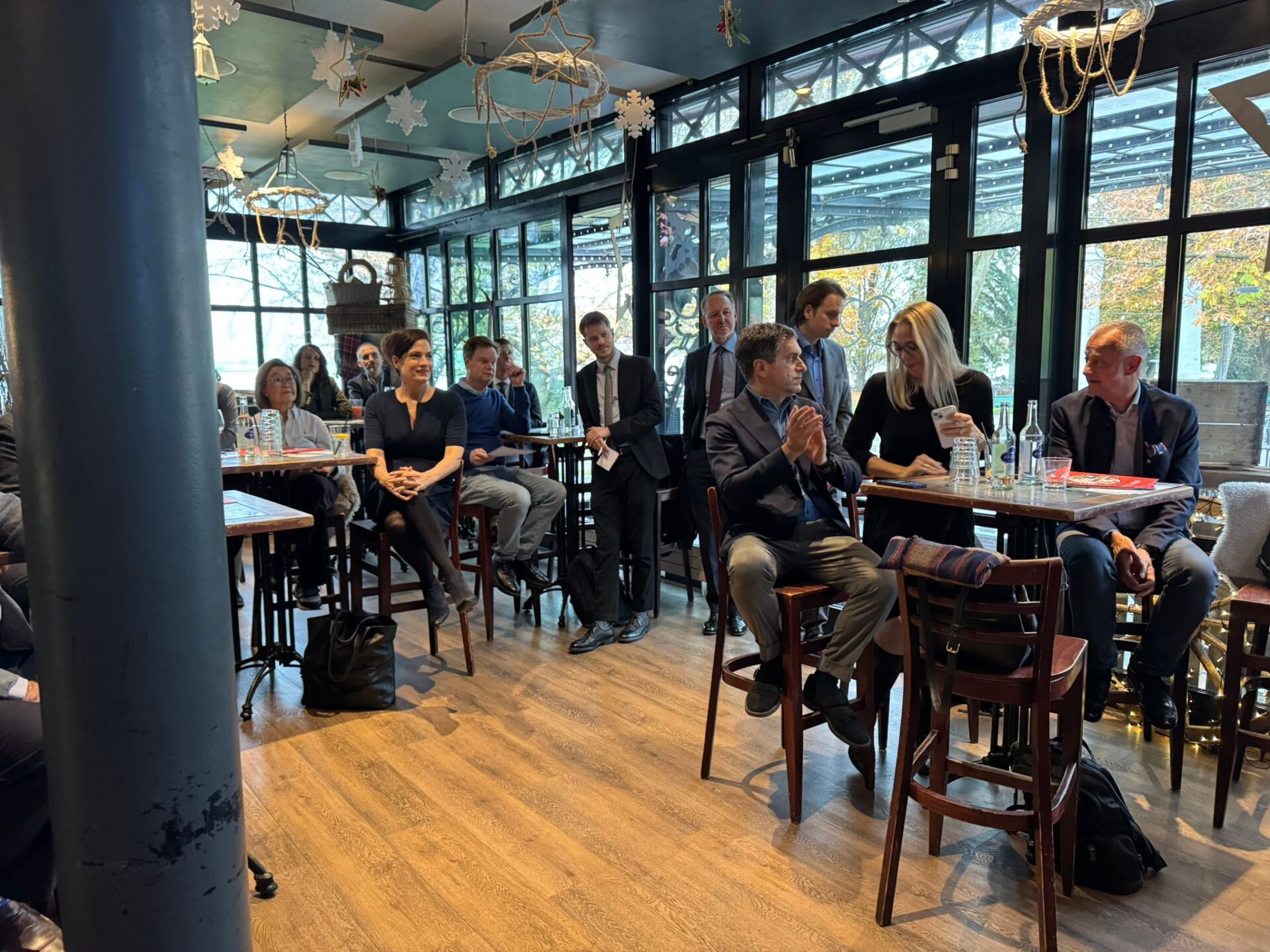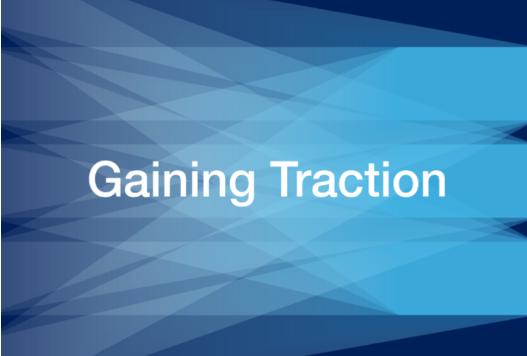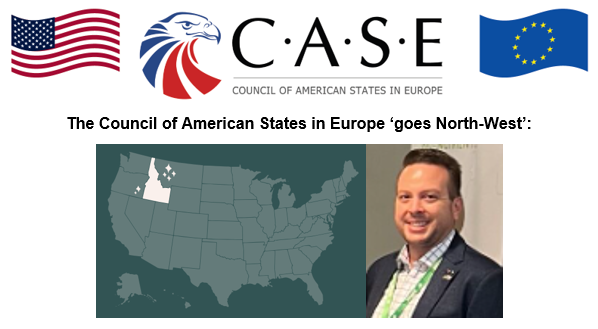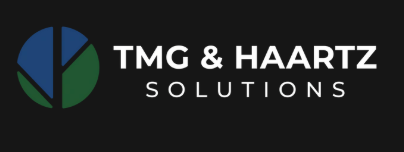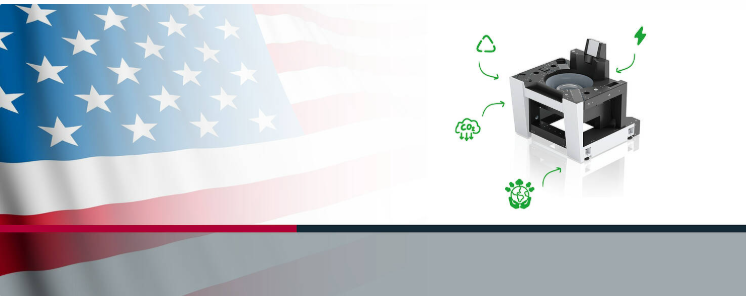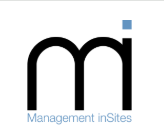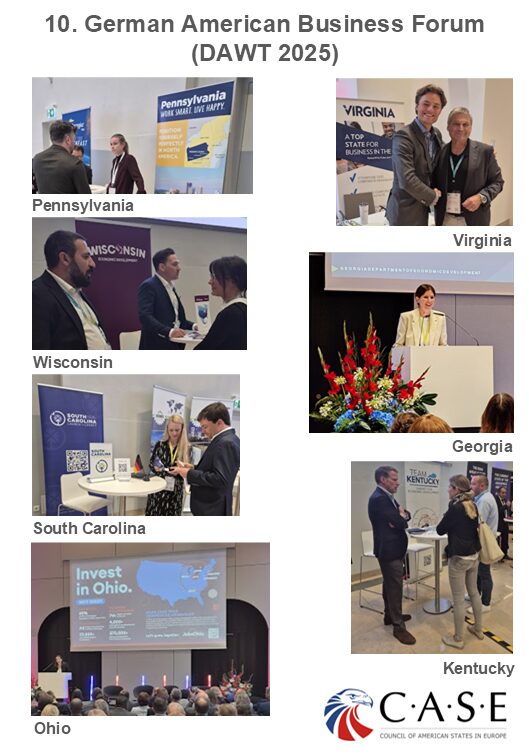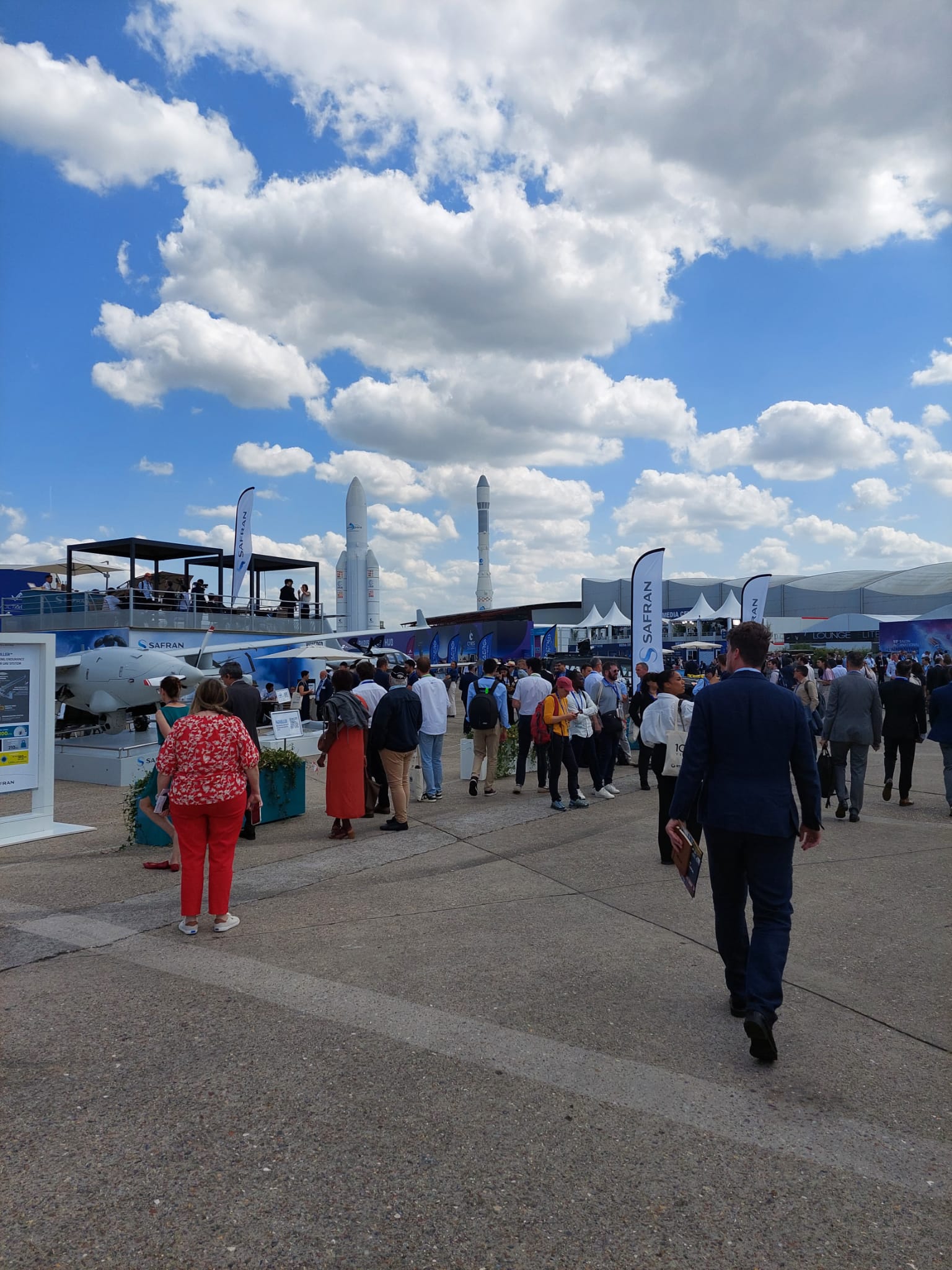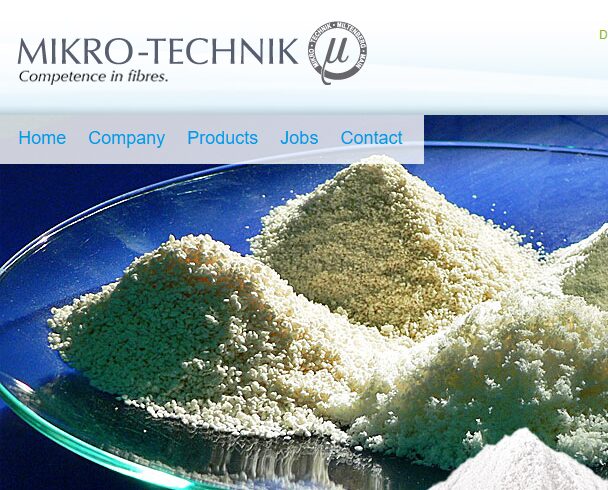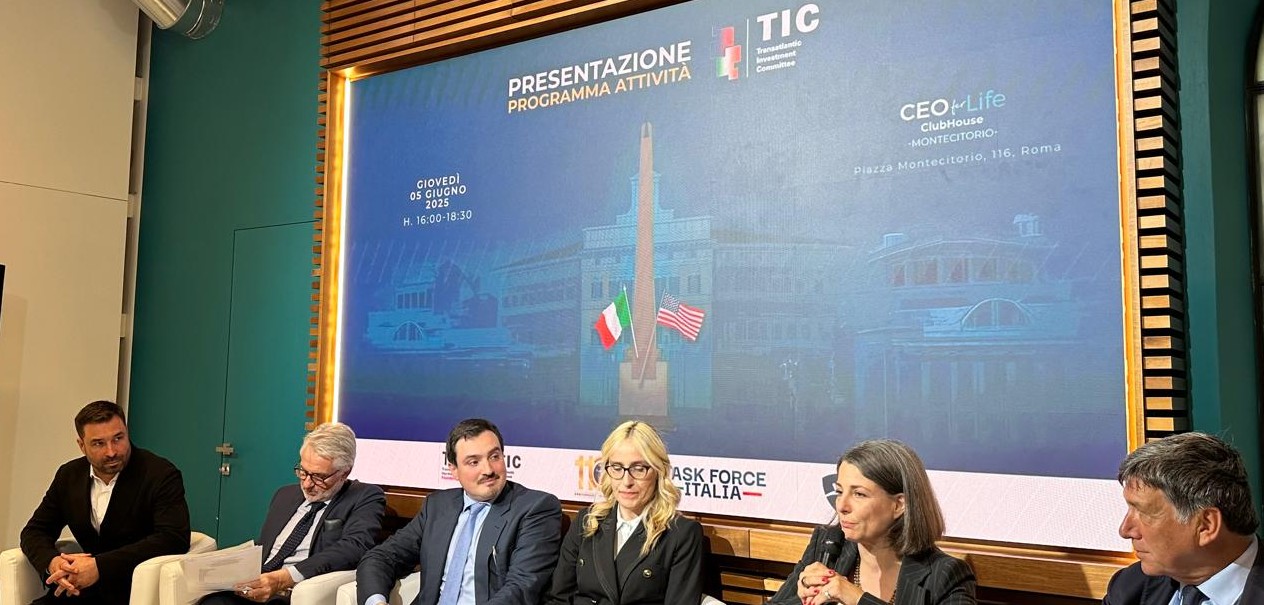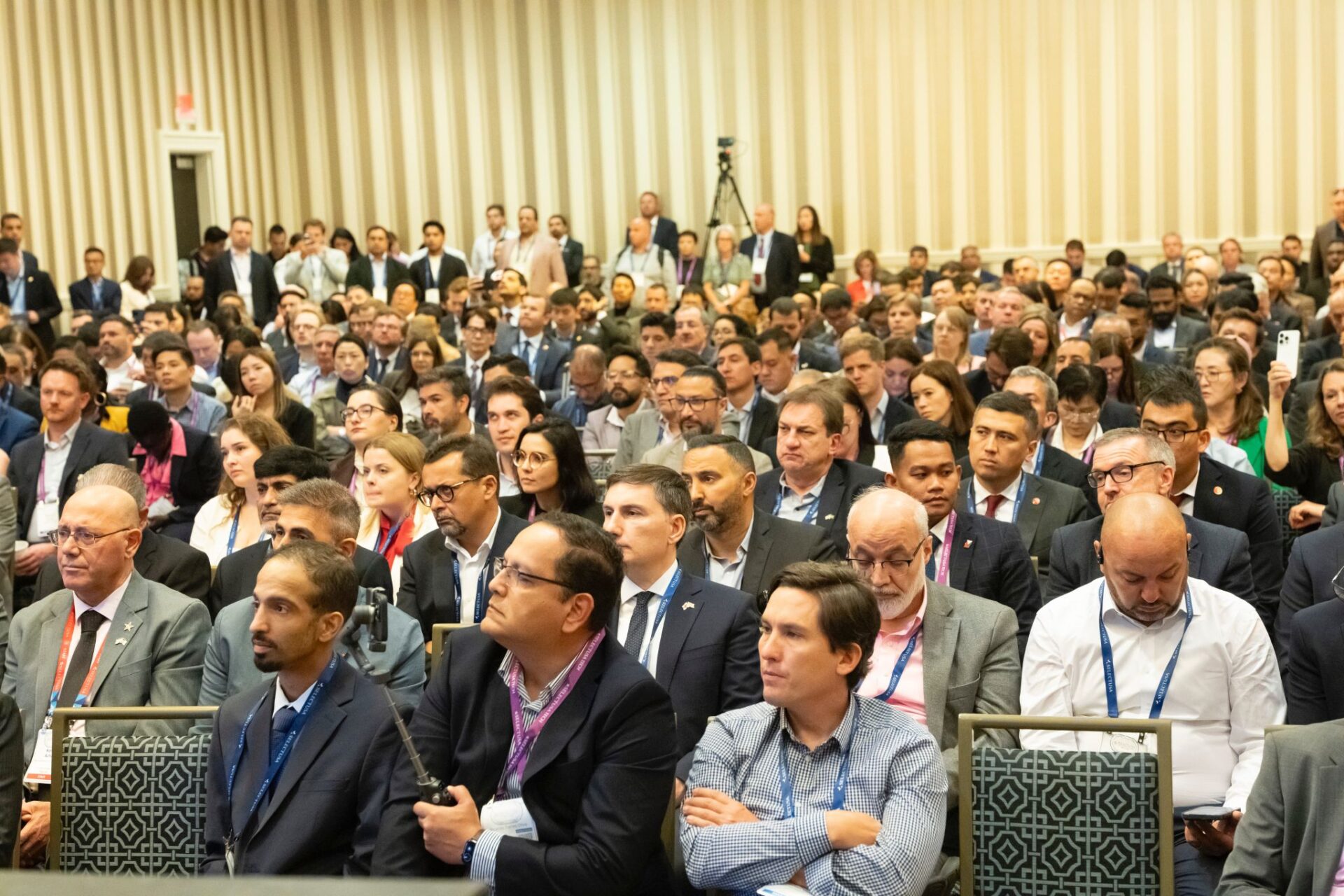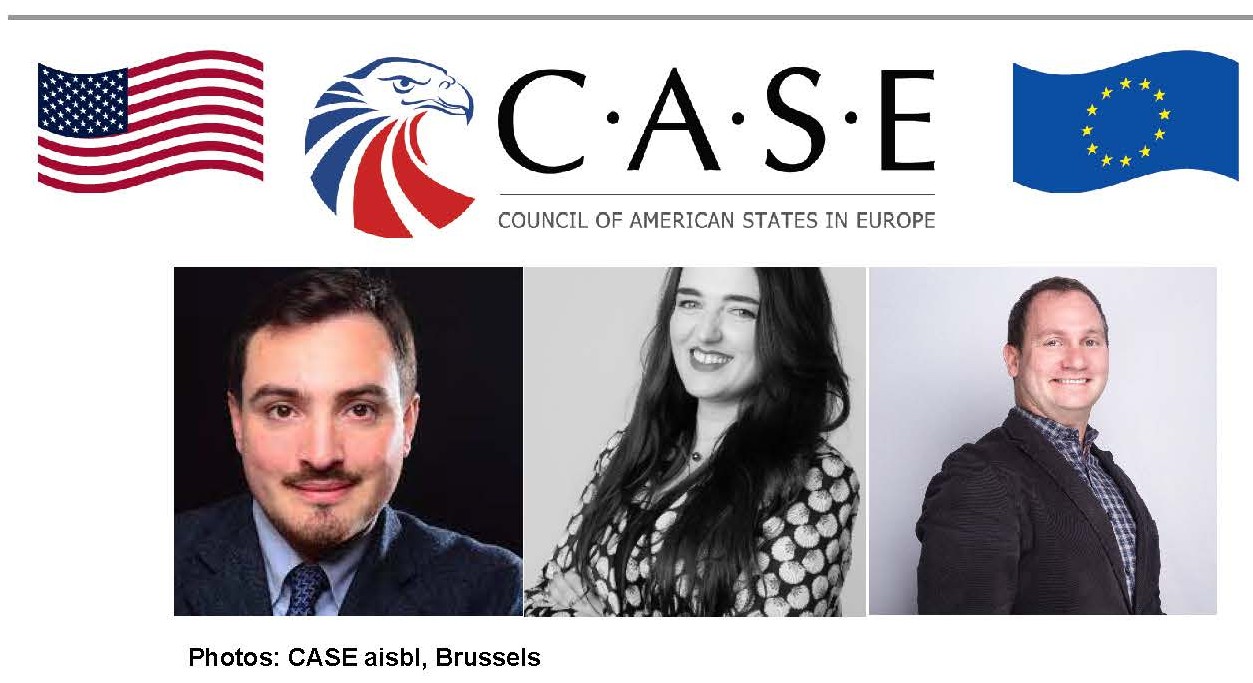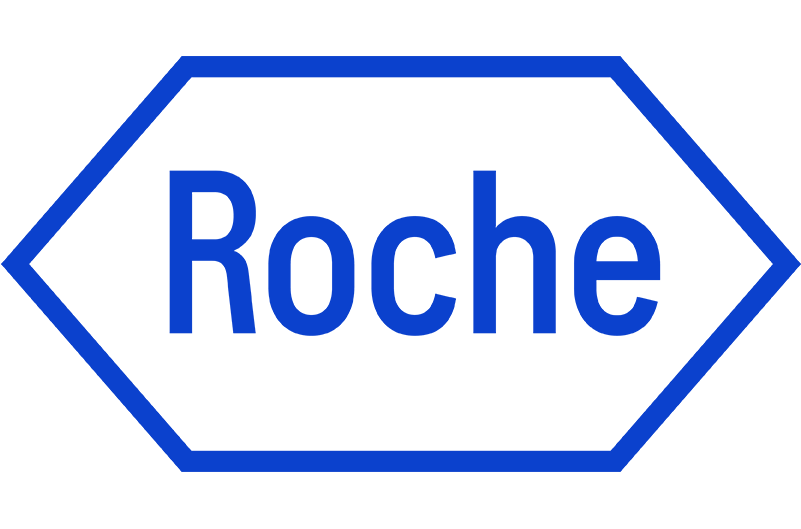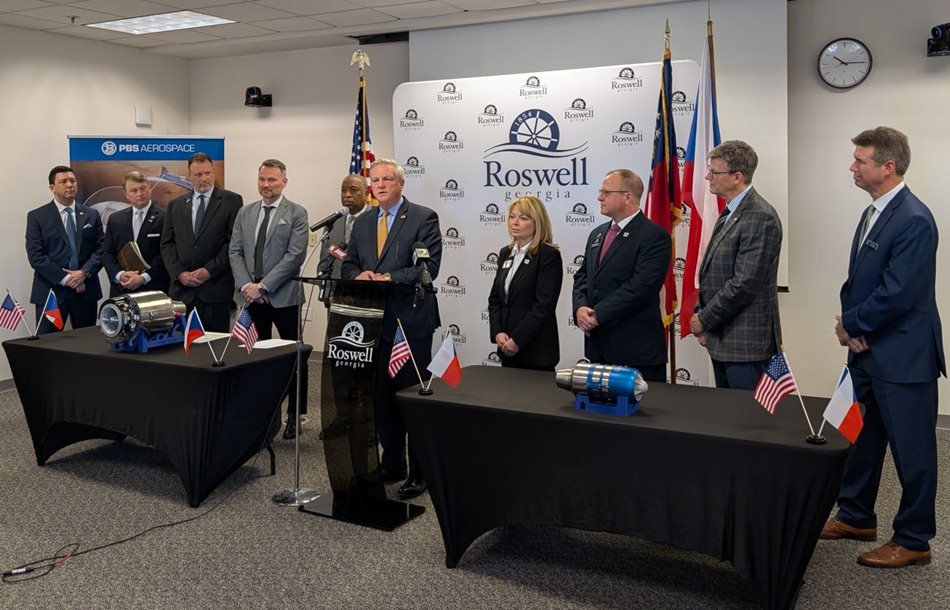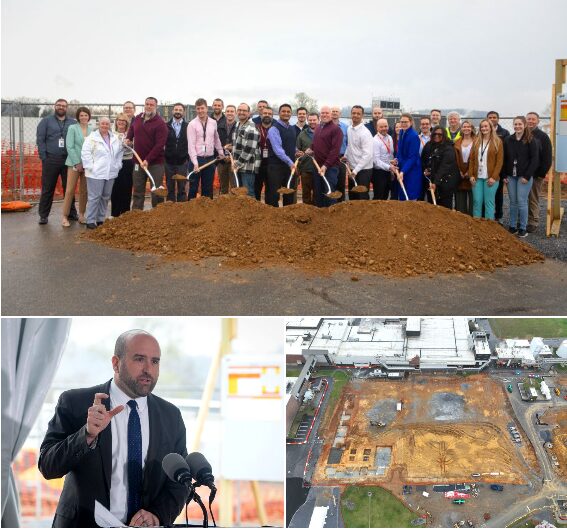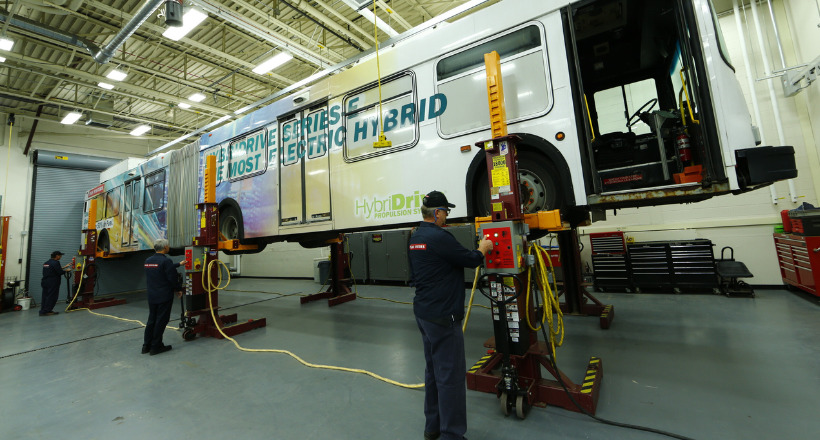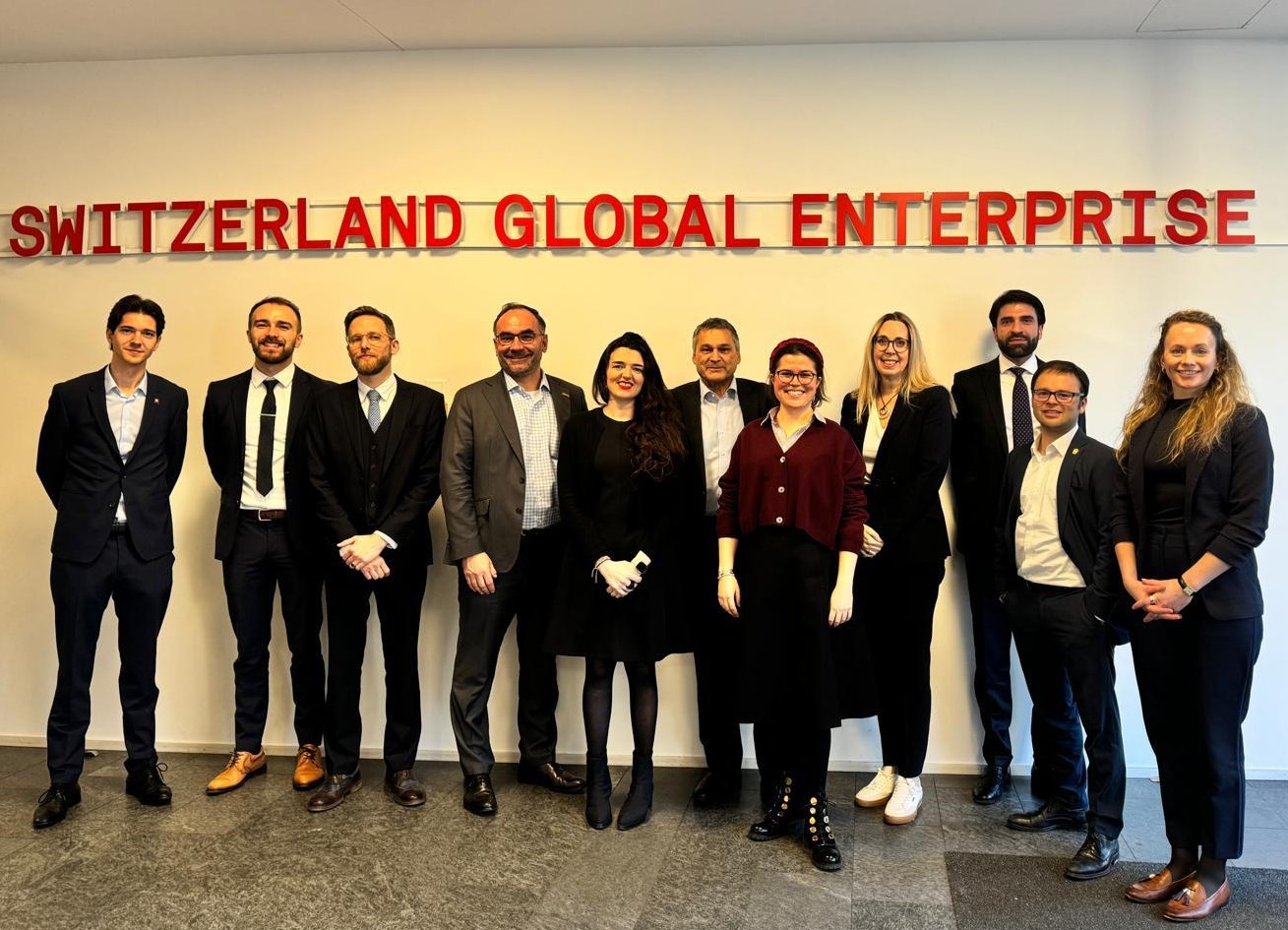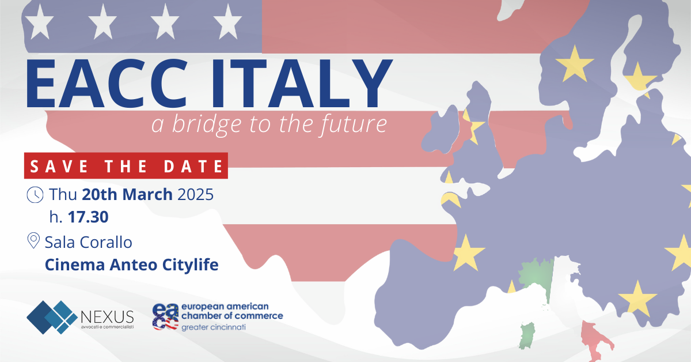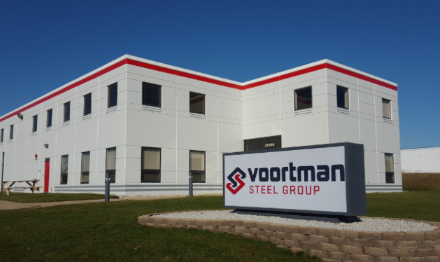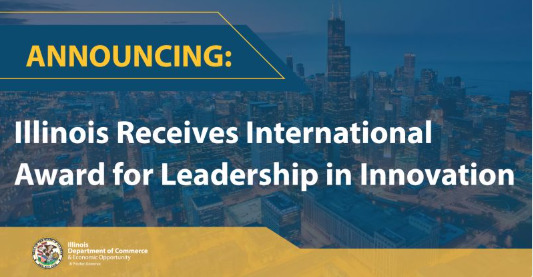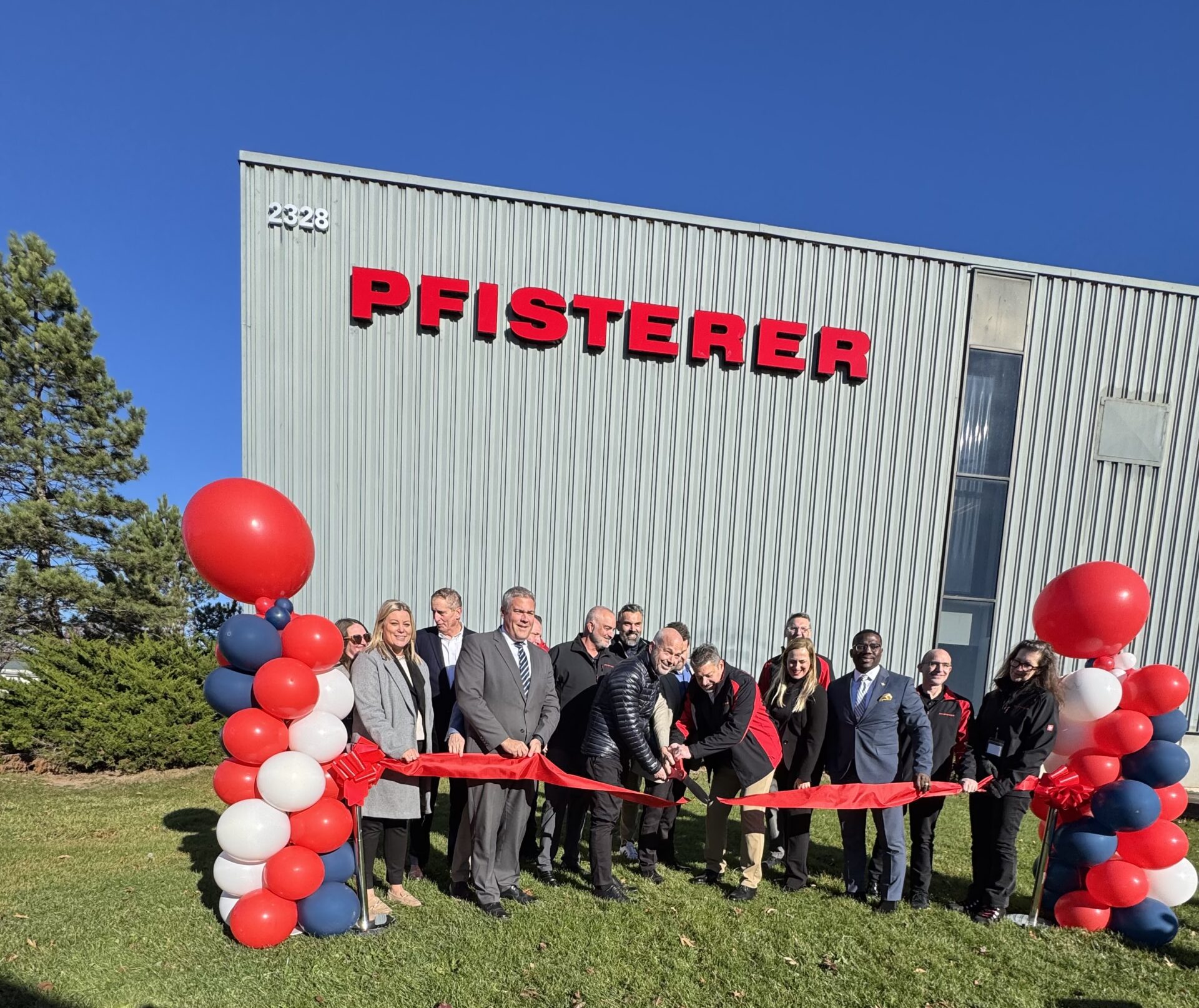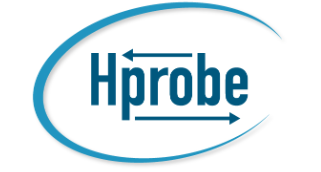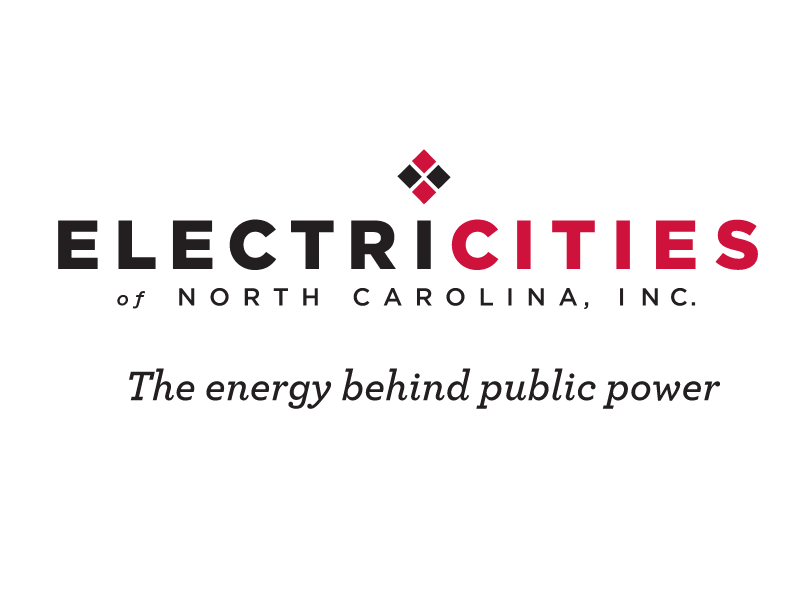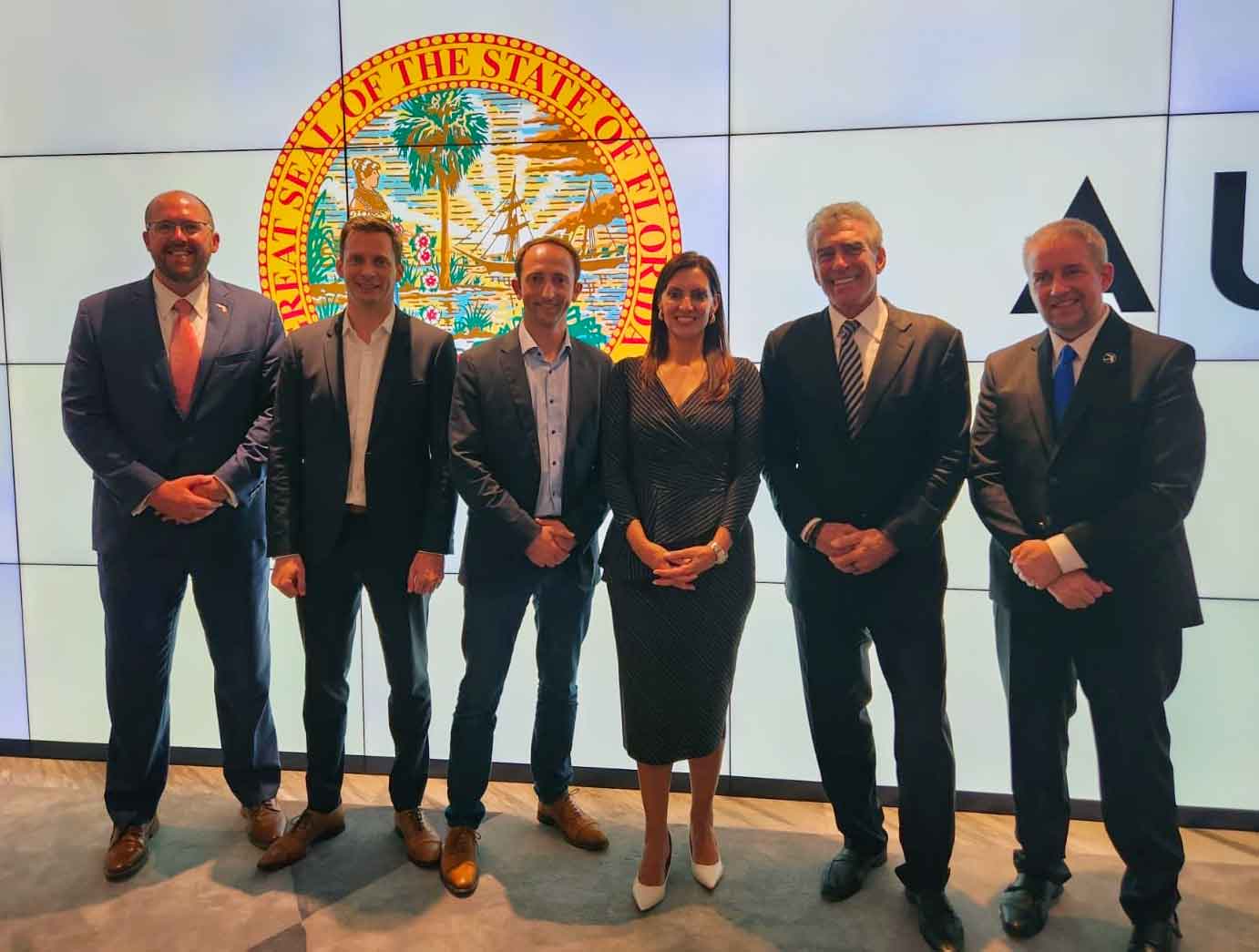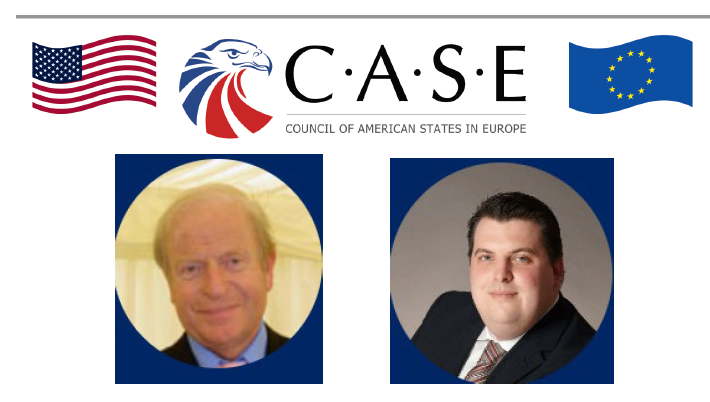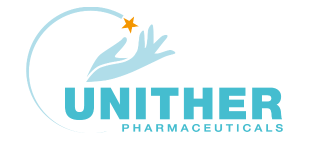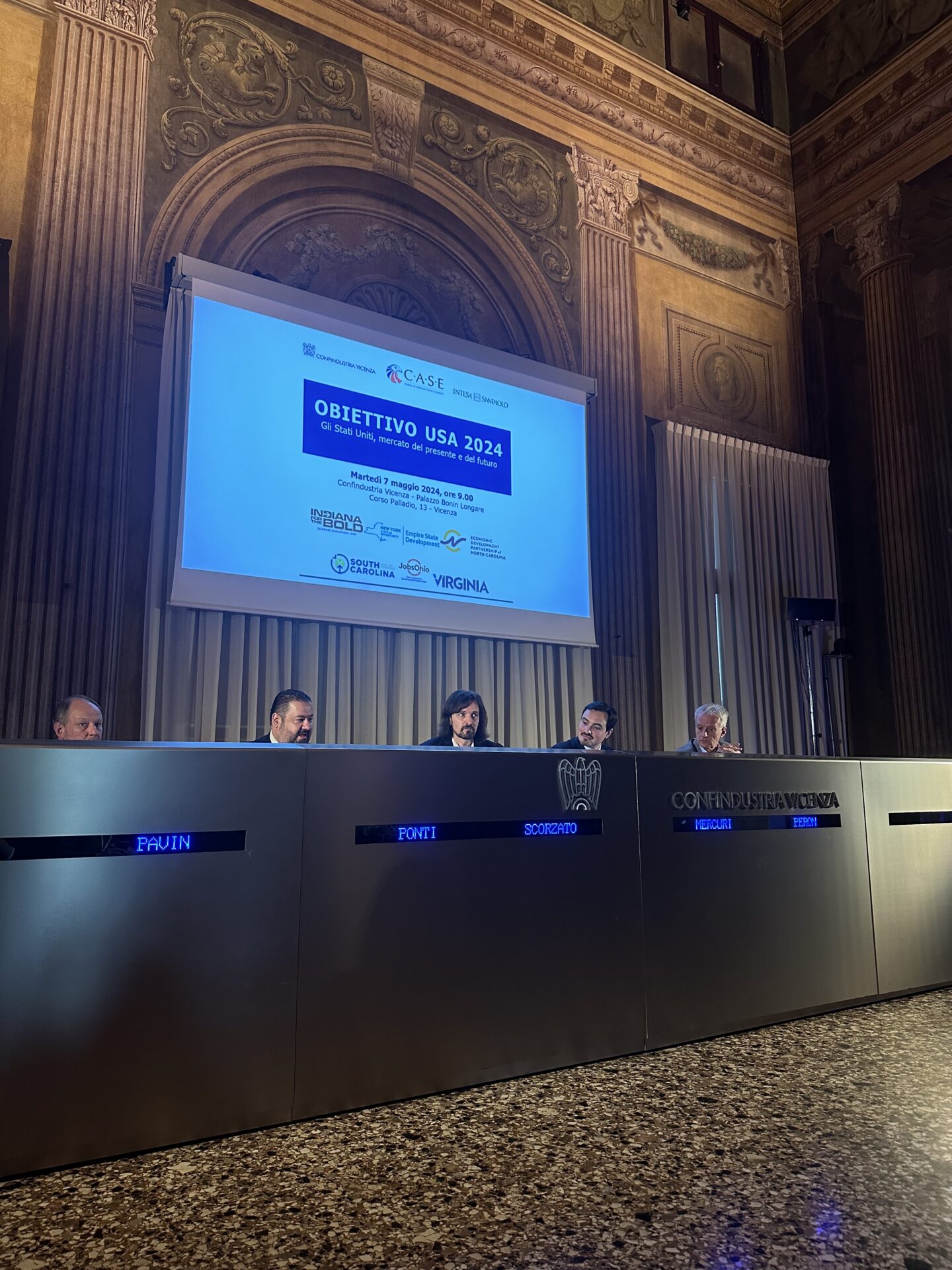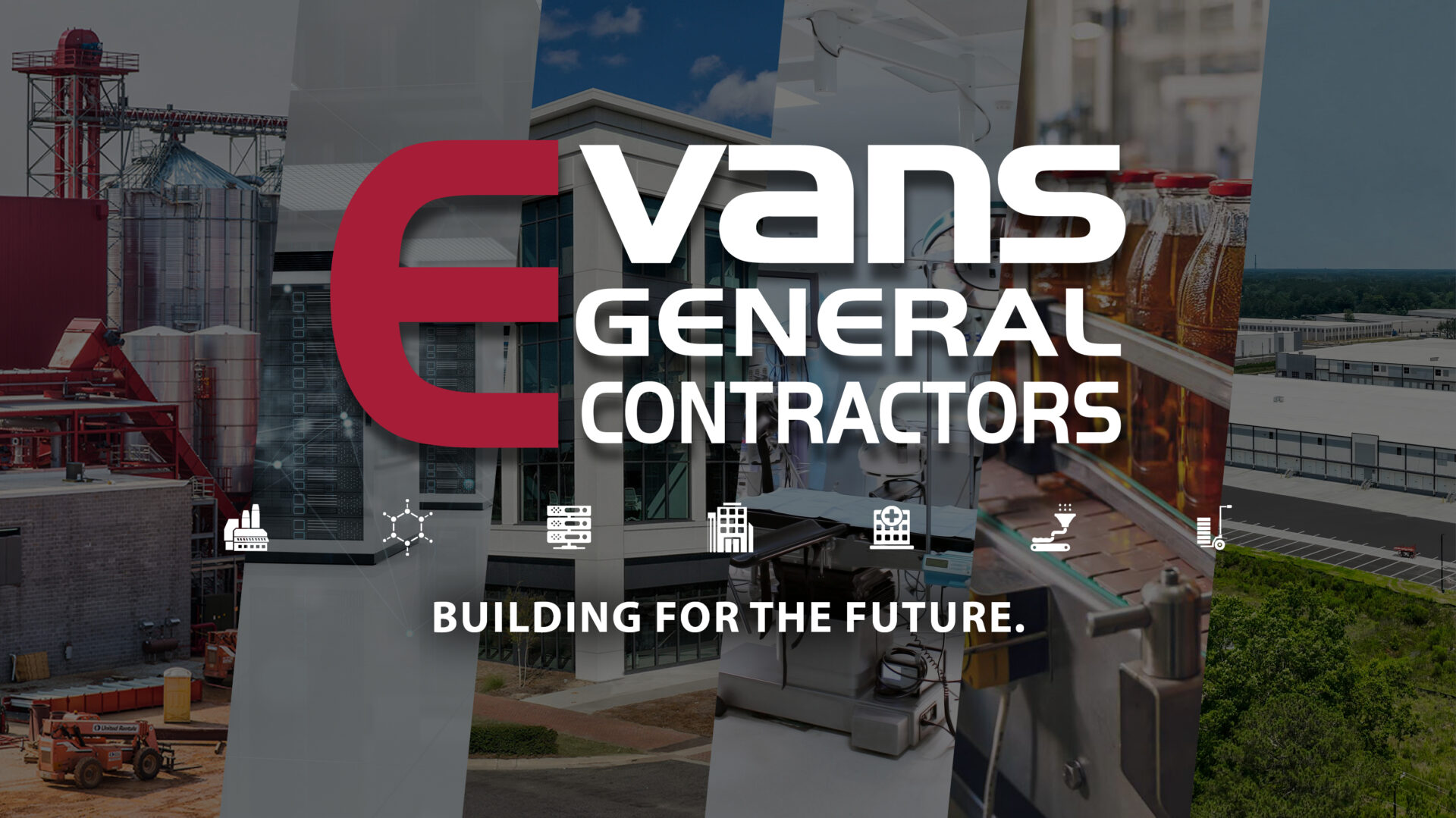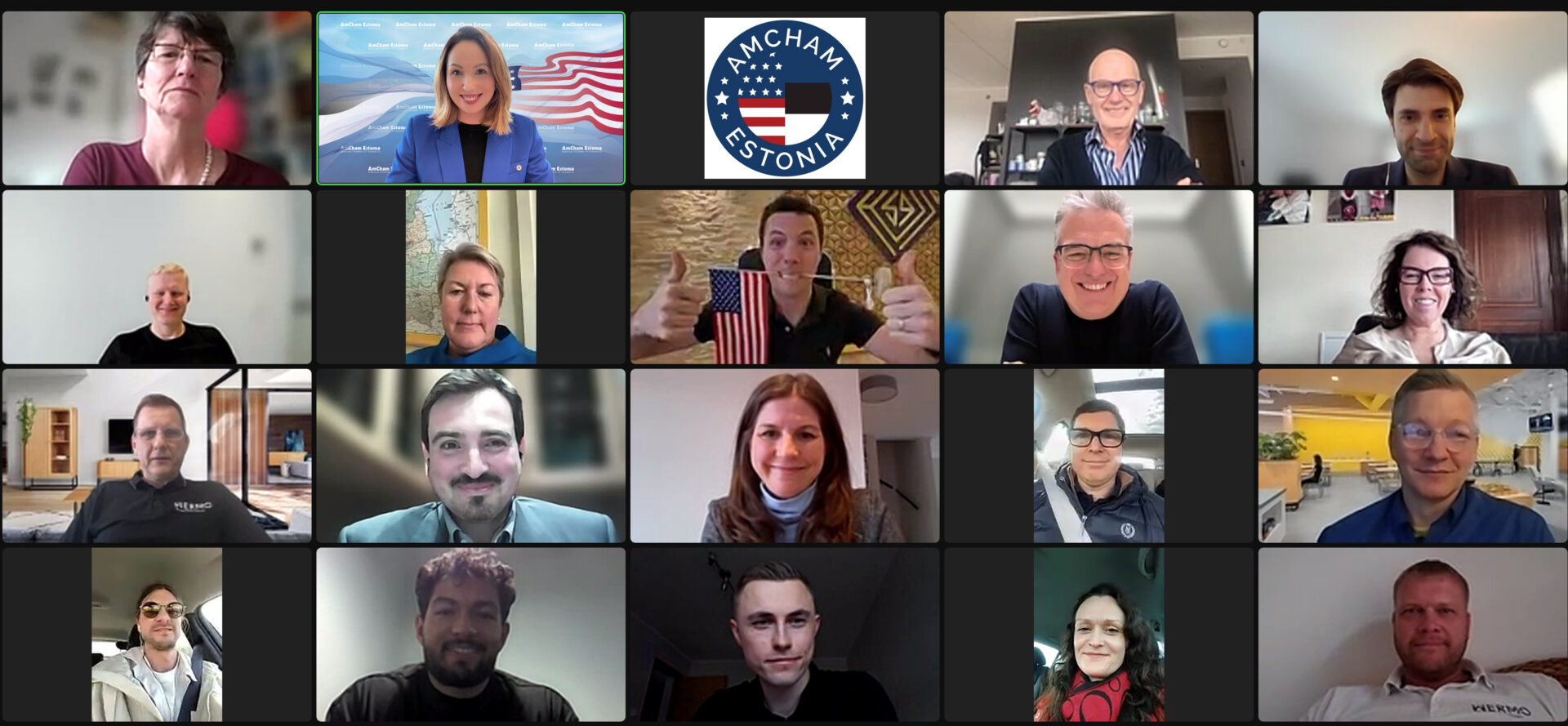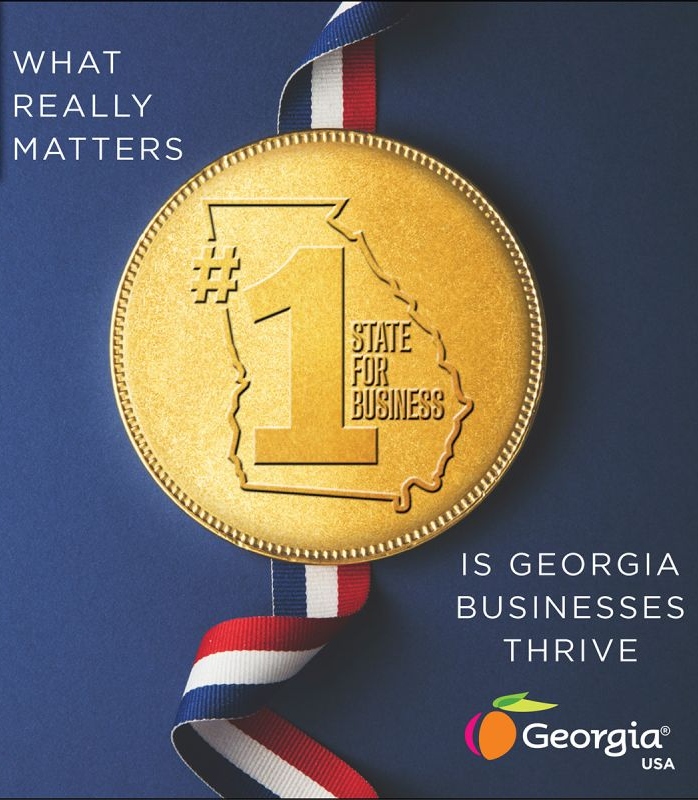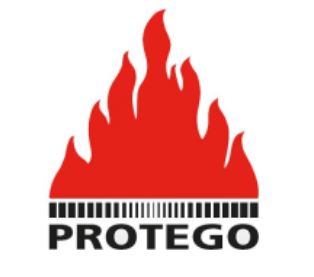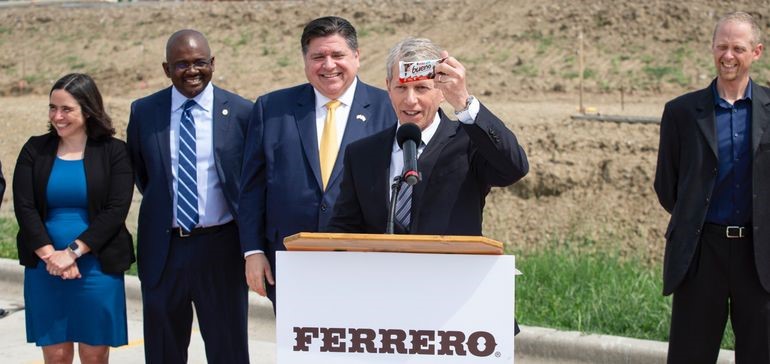A Feature by our Business Partner ManagementinSites
For many foreign companies eyeing the U.S. market, the first step often looks deceptively simple: send or hire one capable person to get things started. On paper, it’s a cost-effective way to plant a flag. In practice, it’s like asking one person to be the architect, foreman, and entire construction crew for a new skyscraper.
While the one-person model appears lean, it often creates a fragile foundation, burdened by hidden risks that can slow growth, drain headquarters’ resources, and lead to costly missteps. The U.S. market is a land of opportunity, but it’s built on complex bedrock of legal, financial, and cultural standards. Expecting one person to master it all isn’t a strategy; it’s a gamble.
The Cracks in a One-Person Foundation
When one person is tasked with everything from strategic sales to mundane administrative filings, the operational cracks begin to show.
- Strategic Drag: The urgent always pushes out the important. Time spent wrestling with state tax compliance, HR benefits packages, and vendor negotiations is time not spent building relationships with key U.S. customers or adapting the product for the local market. Growth, the very reason for being there, stalls.
- Specialized Knowledge Gaps: The U.S. is not a single market. It’s a mosaic of federal, state, and local regulations. A single employee, no matter how talented, cannot be an expert in U.S. GAAP accounting, multi-state employment law, supply chain logistics, and data privacy laws. Mistakes in these areas are not minor oversights; they can trigger financial penalties and legal liabilities.
- Isolation and Burnout Risk: Being a sole representative is demanding and isolating, especially for an expatriate navigating a new culture. The immense pressure of single-handedly carrying the company’s success can lead to burnout, increasing the risk of turnover and forcing the parent company to start the entire process over again.
Building a Scalable U.S. Foundation
The alternative isn’t to immediately hire a full, expensive U.S.-based team. The solution is to build a smart, scalable foundation from day one. Instead of one person doing twenty jobs, allow your U.S. lead—whether a sales director or a technical expert—to focus on their core mission. The crucial back-office functions (bookkeeping, HR, logistics, marketing) can then be handled by a single, integrated team of dedicated U.S. experts that you tap into as needed.
Think of it as plugging your U.S. operation into an existing, fully-staffed headquarters. This model provides immediate, tangible advantages:
- Access to Expertise, Not Overhead: You gain the knowledge of a seasoned accountant, an HR specialist, and a logistics coordinator without the burden and cost of hiring them full-time.
- Reduced Risk and Liability: Critical functions like tax compliance and employment law are managed by specialists, protecting your company from costly regulatory mistakes.
- Scalability on Demand: The support structure grows with your revenue. You only pay for what you need, when you need it, keeping your initial investment lean and your costs predictable.
Real World Impact
This isn’t just a hypothetical. Consider one of our clients, a leading European manufacturer of industrial goods. They entered the U.S. by asking a single U.S.-based sales representative to not only drive sales but also manage the entire subsidiary. What began as a promising partnership quickly turned into a bottleneck. With the rep overwhelmed by operations, communication stalled, transparency vanished, and sales stagnated. The parent company had lost control.
By shifting the operational burden to a fractional team, the manufacturer regained the visibility and control needed to drive its own U.S. success. We untangled the operational knots, established clear financial reporting, and moved their inventory into our dedicated warehouse. Freed from administrative tasks, their sales efforts flourished. The result? The company secured a major private-label program with an automotive OEM, and its U.S. revenue has climbed more than 400% to over $2 million annually.
The path to success can also look different. For UK-based manufacturer AEV, the challenge was launching a U.S. subsidiary remotely during the 2020 pandemic, with their Managing Director unable to travel. Starting with a “soft landing” approach, we handled the legal entity formation, onboarded their new Sales Director, and managed all back-office logistics—from complex order processing to hazmat-certified warehousing. This robust operation allowed AEV to generate $1 million in its first year, making the new subsidiary an attractive prospect for a successful acquisition.
Whether it’s untangling a difficult partnership or enabling a rapid, remote launch, the principle is the same: a solid operational foundation allows your U.S. commercial strategy to thrive.
The Bottom Line: Build the Foundation,
Then the Skyscraper
A shaky start in the United States can compromise the entire venture. While your U.S. lead focuses on building the business, the operational foundation is being laid—either intentionally by experts or haphazardly by an overloaded generalist. The only question is whether that foundation will be solid enough to support your ambitions.
As a CASE sponsor, Management inSites specializes in building that rock-solid operational foundation for foreign-owned companies. Our International Business Incubator (IBI) provides a fractional team of seasoned U.S. professionals to manage your accounting, HR, logistics, and marketing. We let your U.S. lead focus on growth while we ensure the back office is run with precision and compliance.
Don’t let operational drag undermine your U.S. success. Contact Management inSites today to ensure your American market entry is built to last.
We got your attention?
Contact MiS today https://case-usa.eu/cross-border-expansion-services-management-in-sites/
More Posts

Weidmüller Group Bolsters U.S. Manufacturing with $16.4m Expansion in Virginia, adding over 100 jobs



